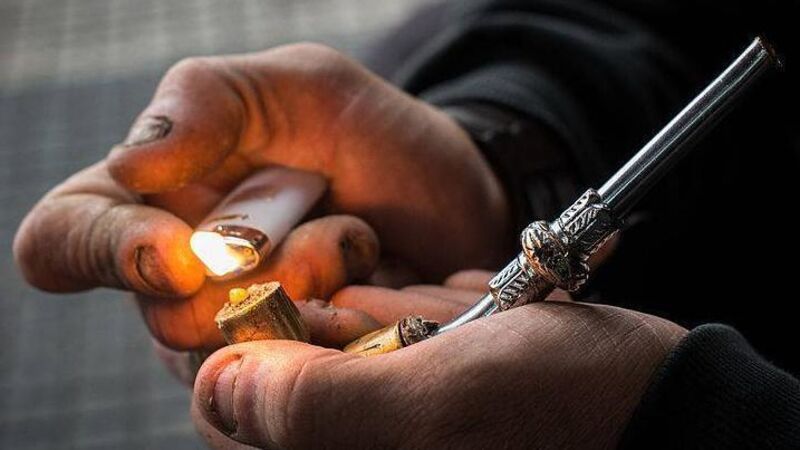GPs and pharmacists support removal of criminal sanctions for drug users

Director of addiction management at the Irish College of General Practitioners Bernard Kenny said criminalisation of drug use 'further marginalises people' in disadvantaged communities. File picture
The country’s GPs and pharmacists favour keeping the possession of drugs illegal — but strongly support the removal of criminal sanctions for drug users, an Oireachtas committee has heard.
Both the Irish College of General Practitioners and the Irish Pharmacy Union said this form of decriminalisation must be implemented in parallel with a massive investment in drug treatment as well as mental health and community services.










